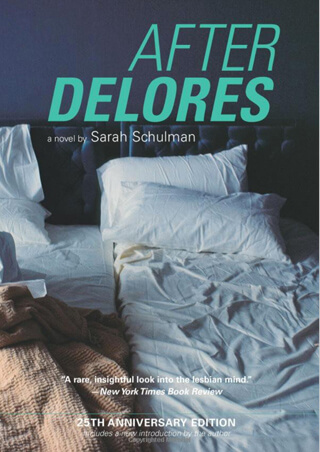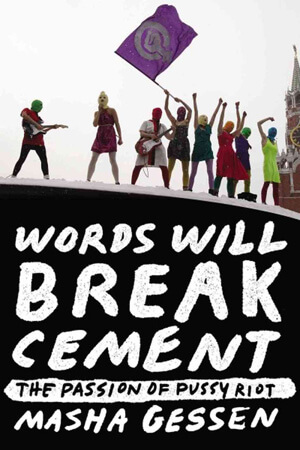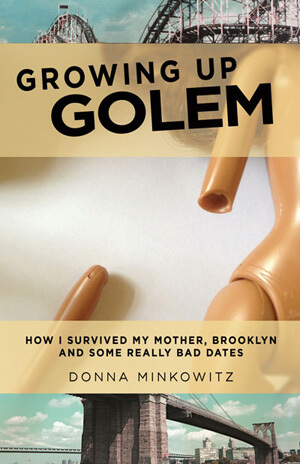Kelly Jean Cogswell, Marie de Cenival, Harriet Hirshorn, Alina Troyano aka Carmelita Tropicana, Sue Friedrich, and Gail M. Dottin at an October 13 reunion of the Lesbian Avengers. | GAY CITY NEWS
In October 1992, a group of about 60 lesbians, with a marching band in tow, arrived at a public school in Queens and began handing out balloons inscribed with the words, “Ask about lesbian lives.” The action — which created shivers in some queer activist circles since, as participant Kelly Jean Cogswell recalled, “we weren’t supposed to touch kids” — came as the city was in an uproar over the proposed Rainbow Curriculum, an extensive diversity effort that generated overheated opposition largely due to a handful of pages devoted to gay and lesbian people. The balloon hand-out was the first demo staged by the Lesbian Avengers, a group that grew up earlier that year in response to anti-queer thunder on the right, particularly the infamous Culture War speech Pat Buchanan made at that summer’s Republican Convention.
In time, 60 or more Lesbian Avengers chapters popped up around the world, 20,000 dykes marched in Washington in an action separate from the April 1993 LGBT march the same weekend, and Su Friedrich and Janet Baus created the documentary film “Lesbian Avengers Eat Fire, Too,” chronicling the group’s success at creating striking visual ways to advance its mission of visibility.
On October 13, veterans of the Avengers gathered at Dixon Place to recall the teeming East Village dyke art and activist ferment that gave rise to the group. Cogswell, who edited the Gully online magazine from 2000 to 2006 and is a Gay City News contributor, recalled that members of the group “didn’t see ourselves as happening to be queer. It was intrinsic. How could it not affect you?”
Filmmaker Friedrich said that graphic art — and particularly the work of Dyke Action Machine, the artistic duo of Carrie Moyer and Sue Schaffner — helped animate the Avengers’ spirit and message. Writer Gail M. Dottin recalled that welcoming as the East Village was, it was also a world apart from the African-American LGBT community in which she lived in Brooklyn.
Alina Troyano, a Cuban-American actress whose stage name is Carmelita Tropicana, said her interest in the Avengers came from her commitment “to bring a different take on lesbian life and feminism to the table.” And, Eve Sicular, a founder of Metropolitan Klezmer and Isle of Klezbos, remembered that as a drummer, she was always welcome at Lesbian Avenger actions. “I didn’t have to go to many meetings or get pulled by the different factions,” she said. “Everyone wanted me there.”
To learn more the Lesbian Avengers, watch a videostream of the October 13 event, or find out how you can help preserve the group’s history, visit lesbianavengers.com.



































